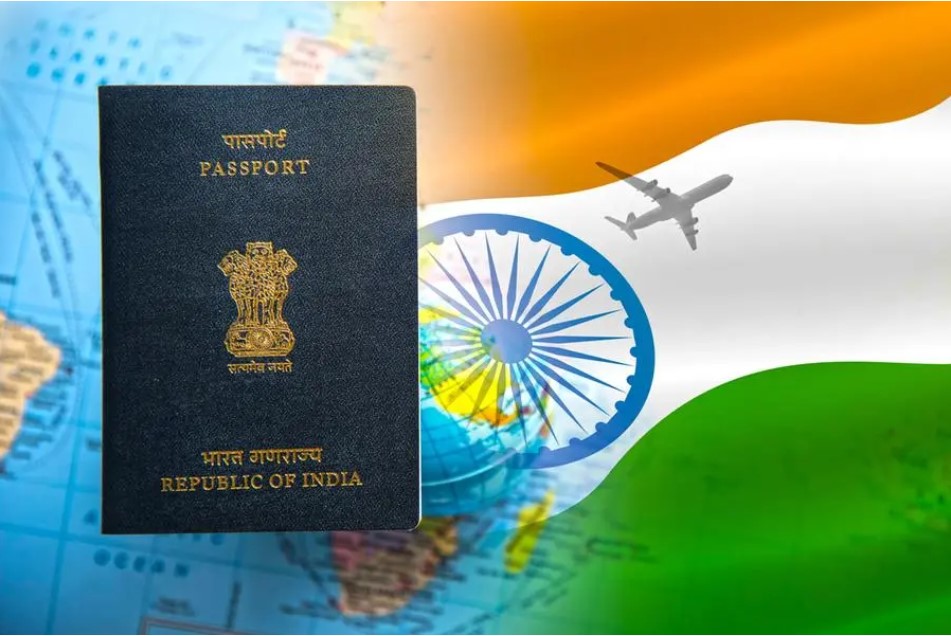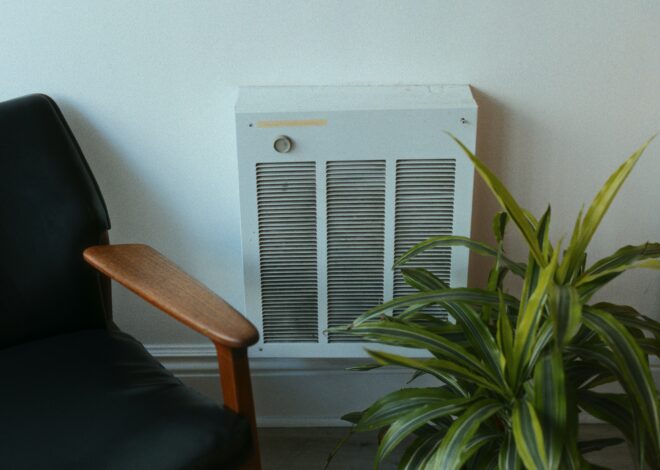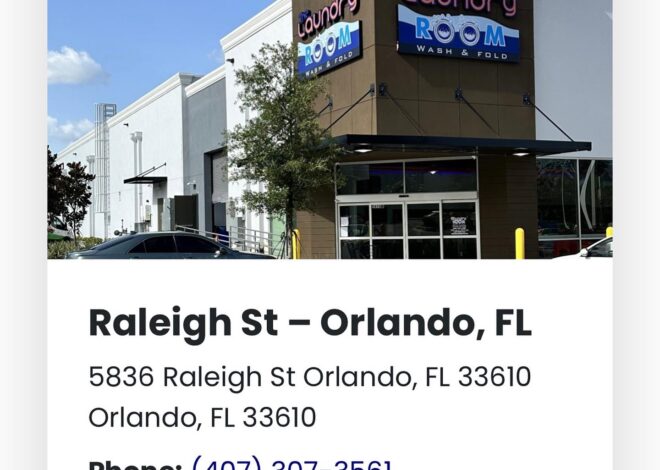
Indian Visa Rejected: What to Do Next?
Are you planning a trip to India but recently had your visa application rejected? Don’t panic! While it can be frustrating and disappointing to have your Indian visa rejected, there are steps you can take to possibly rectify the situation and ensure a smooth travel experience. In this article, we will explore the common reasons why Indian visa are rejected, what you can do if your visa is rejected, and how to avoid visa rejection in the future.
Common Reasons for Indian Visa Rejection
Incomplete Documentation: One of the most common reasons for visa rejection is submitting incomplete or inaccurate documentation. Make sure to double-check all your documents and provide all required information when applying for an Indian visa.
Financial Insufficiency: If you cannot prove that you have enough funds to cover your stay in India, your visa application may be rejected. Make sure to provide proof of sufficient funds, such as bank statements or sponsorship letters, to avoid this issue.
Previous Visa Violations: If you have violated visa regulations in the past, such as overstaying your visa or engaging in prohibited activities, your new visa application may be rejected. Be honest about your previous travel history when applying for a visa.
Criminal Record: Having a criminal record can also lead to visa rejection. Make sure to disclose any criminal convictions and provide all necessary documentation when applying for a visa.
What to Do If Your Indian Visa is Rejected?
Review the Rejection Letter: When your visa application is rejected, you will receive a rejection letter explaining the reasons for the rejection. Review this letter carefully to understand why your visa was denied.
Reapply with Corrected Documentation: If the rejection was due to incomplete or inaccurate documentation, you can reapply for the visa with corrected documents. Make sure to address the specific reasons for the rejection in your new application.
Seek Assistance: If you are unsure about why your visa was rejected or how to proceed, consider seeking assistance from a visa consultant or legal expert. They can help you understand the reasons for the rejection and advise you on the best course of action.
Appeal the Decision: In some cases, you may have the option to appeal the visa rejection decision. Check the rejection letter for information on how to appeal and follow the instructions provided.
How to Avoid Visa Rejection in the Future?
Double-Check Documentation: Avoid visa rejection by carefully reviewing all your documentation before submitting your visa application. Make sure everything is accurate, complete, and up to date.
Follow Visa Regulations: Make sure to follow all visa regulations and requirements when applying for a visa. Be honest about your travel history and provide all necessary information to avoid rejection.
Plan Ahead: Give yourself plenty of time to apply for your visa and avoid last-minute rush. This will allow you to address any issues that may arise during the application process.
In conclusion, having your Indian visa rejected can be a setback, but it is not the end of the road. By understanding the TYPES OF INDIAN EVISA common reasons for visa rejection, knowing what steps to take if your visa is rejected, and following the tips to avoid rejection in the future, you can increase your chances of a successful visa application. Remember, stay calm, stay informed, and take proactive steps to address the situation. Safe travels!


